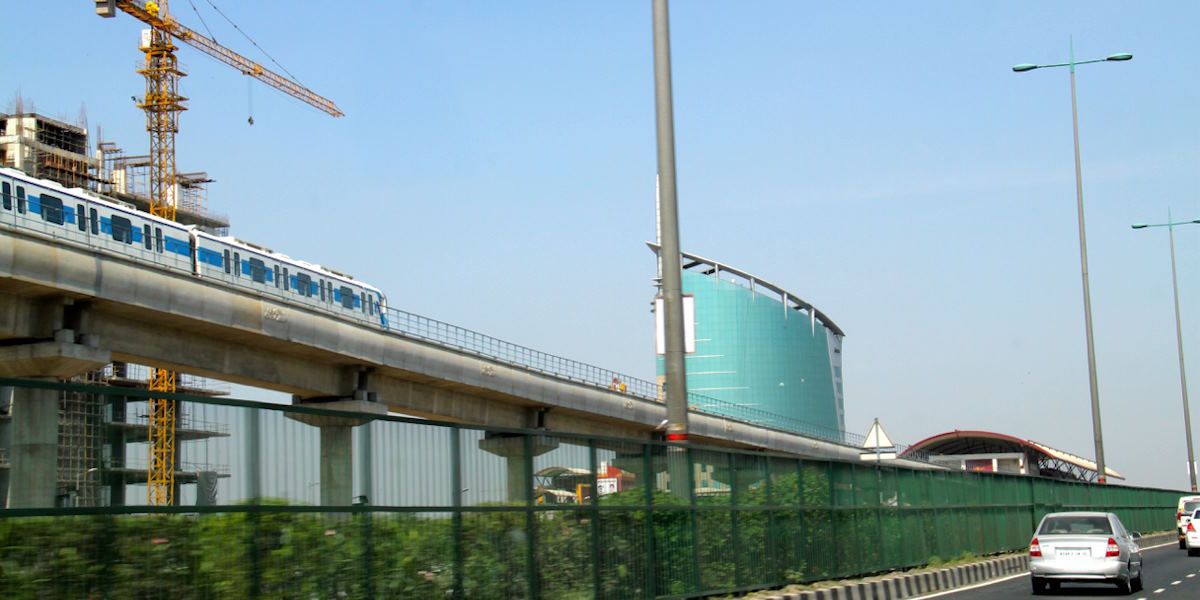Industrial corporations play a pivotal role in infrastructure development, significantly influencing economic growth and urban planning. Their investments in various projects not only shape the physical landscape but also impact local economies and communities. This article explores the ways in which corporate influence manifests in infrastructure projects, the nature of industrial investment in urban development, and the overall economic impact of these investments.
Corporate Influence on Infrastructure Projects
The involvement of industrial corporations in infrastructure development is marked by several key influences:
- Public-Private Partnerships (PPPs): Many infrastructure projects are developed through collaborations between the public sector and private companies. These partnerships leverage corporate resources and expertise, facilitating the completion of large-scale projects that might be otherwise financially unfeasible for governments alone.
- Lobbying and Advocacy: Corporations often engage in lobbying efforts to influence government policies and funding allocations for infrastructure projects that align with their business interests. This can lead to favorable conditions for development in specific sectors.
- Innovation and Technology: Industrial corporations bring advanced technologies and innovative practices to infrastructure development, improving efficiency and sustainability. Their expertise can drive the adoption of smart technologies, enhancing urban infrastructure resilience.
Industrial Investment in Urban Development
Industrial investment in urban areas can take many forms, including:
- Transportation Infrastructure: Companies invest in transportation networks such as roads, bridges, and railways, which facilitate the movement of goods and people, ultimately benefiting their operations.
- Energy Projects: Corporations often play a significant role in the development of energy infrastructure, such as renewable energy facilities and power grids, contributing to sustainable urban growth.
- Community Facilities: Many industrial corporations invest in community amenities like parks, schools, and healthcare facilities as part of their corporate social responsibility (CSR) initiatives, fostering goodwill and supporting local populations.
Economic Impact of Corporate Infrastructure Investments
The economic ramifications of corporate investments in infrastructure are significant:
- Job Creation: Infrastructure projects often lead to job creation, both during the construction phase and in the long-term operations of the facilities built. This can reduce unemployment and stimulate local economies.
- Increased Property Values: Improved infrastructure can enhance property values in surrounding areas, benefiting homeowners and contributing to local tax revenues.
- Attracting Further Investment: Well-developed infrastructure attracts additional businesses and industries, creating a positive feedback loop of economic growth.
Industrial corporations are integral to infrastructure development, influencing projects through investment, innovation, and advocacy. Their contributions not only enhance urban landscapes but also provide substantial economic benefits, from job creation to increased property values. As the demand for sustainable and efficient infrastructure grows, the role of corporations in shaping these projects will likely expand, making their influence even more critical in the future of urban development.


